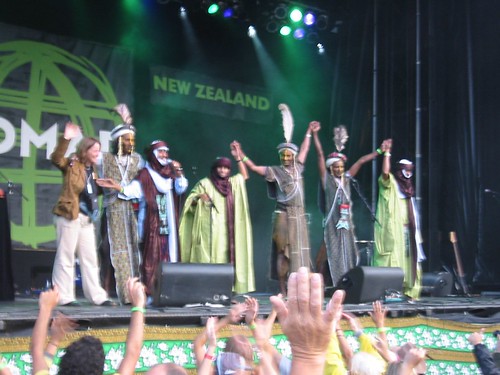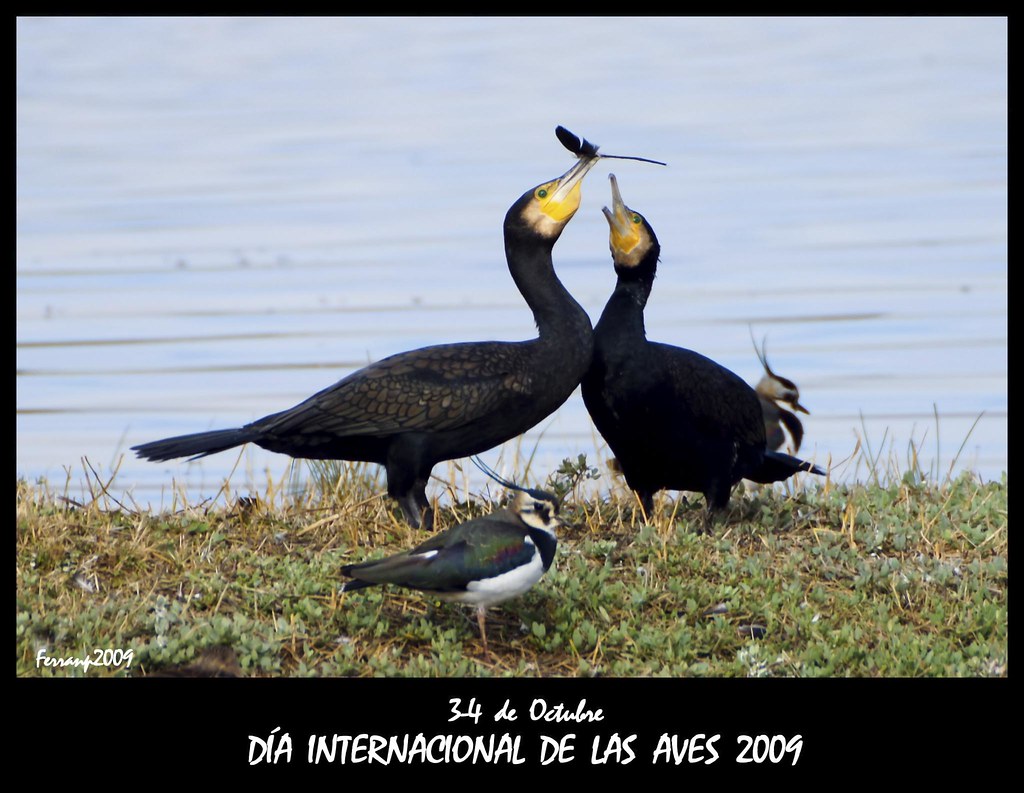VIOLIN TRILLS. TRILLS
Violin Trills. Easy Clarinet Sheet Music. The Toy Trumpet.
Violin Trills
- Violin was the first album released by violinst Vanessa-Mae. It was recorded in October 1990, near her 12th birthday, and released shortly afterwards in March 1991. Vanessa-Mae contributed her royalties from the album to the National Society for the Prevention of Cruelty to Children.
bowed stringed instrument that is the highest member of the violin family; this instrument has four strings and a hollow body and an unfretted fingerboard and is played with a bow
(violinist) a musician who plays the violin
A stringed musical instrument of treble pitch, played with a horsehair bow. The classical European violin was developed in the 16th century. It has four strings and a body of characteristic rounded shape, narrowed at the middle and with two f-shaped sound holes
- Pronounce (a consonant) by rapid vibration of the tongue against the hard or soft palate or the uvula
- Produce a quavering or warbling sound
- (trill) a note that alternates rapidly with another note a semitone above it
- (trill) the articulation of a consonant (especially the consonant `r') with a rapid flutter of the tongue against the palate or uvula; "he pronounced his R's with a distinct trill"
- Sing (a note or song) with a warbling or quavering sound
- (trill) pronounce with a trill, of the phoneme `r'; "Some speakers trill their r's"
Etran Finatawa

Niger: West-African country, today one of the poorest countries in the world. However, rich in culture, as the region is a crossroad between Arab culture from the north and African cultures from the south. There are 11 different ethnic groups living in Niger. Among them are the Tuareg and Wodaabe peoples, both groups are nomadic, herding their cattle, their camels, sheep and goat in the wide Sahelian Savanna.
Etran Finatawa is a combination of Tuareg and Wodaabe performers. Formed in January 2004, it is the first group at all with Wodaabe people making modern music. Etran Finatawa - literally the stars of tradition - was born as a group of 10 musicians who wanted to bring the two rich nomad cultures together, profit one from the other and create a new music-style: Nomad«s blues. The tour group consists of six to eight musicians.
Wodaabe and Tuaregs share the same regions for living, but their music is very different. Wodaabe sing in a traditional matter, wearing traditional costumes and make up. They do not use any instruments but sing in a multivocal way while they dance in slow motion. Their dance, their costumes and their rhythm is unique in the world.
Tuareg people have always used instruments, violins and drums to animate their songs and dances. Since the 1970s the guitar has found its way into Tuareg music. This style is called Ichumar and is a part of Etran Finatawa's repertoire. Etran Finatawa combines the two rich cultures: Their songs are in two languages,Tuareg language (tamasheck) and Wodaabe language (fulfulde). The band instrumentalises the polyphonic songs of the Wodaabe people by means of traditional percussion like calebashes and tende, a traditional tuareg drum, with guitar-rhythm. The polyphonic choir of Wodaabe singers gives a special note to their music. Handclapping and the rich percussion leads the songs and invites people to dance.
The group has two main singers. Their melodies, their rhythms and their voices create a sound picture of the sahelian grassland and the desert. Their songs talk about nomad's life, isolation and liberty, they talk about happy days, and love and festivities as well as about bad days, droughts and poverty.
"Etran Finatawa are a fine band from the southern regions of the Sahara. The best songs, such as Ildeman, mix sturdy electric guitar lines against drums and chanting vocals. Other tracks use a simple blues-like riff as the starting point for impressive acoustic guitar improvisation. They will be in Europe this summer and should be worth checking out." THE GUARDIAN
"Etran Finatawa hail from Niger and their combination of hypnotic ancient tribal rhythms, call-and-response vocals and rock 'n' roll tropes will appeal to anyone who has fallen under the spell of Tinariwen. Songs about such timeless subjects as herding cattle and camel racing are set against snaking, blues-drenched electric guitar lines that could have graced a J.J. Cale or Dire Straits album."THE TIMES
So this is the Tinariwen dividend: a group consisting of four Tuaregs and six Wodaabe tribesmen, all from Niger, and playing their own brand of Saharan blues. Grittier and rawer, they offer fewer guitars, more backing vocals and more complex percussion than their Malian peers, but the same insistent, trancelike feel is at heart."MOJO
"There's a rugged campfire feel to Etran Finatawa, who combine the bluesy desert guitar sounds made famous by Tuareg nomad band Tinariwen with the earthy polyphony of the cattle-rearing Wodaabe people. The world-weary voices have an in-built hypnotic sway, and there's a touch of unearthly psychedelia to the stinging electric guitar lines."THE DAILY TELEGRAPH
From their idiosyncratic blend of traditional instruments with electric guitars to their sparse Wodaabe polyphonies and steady, rhythmic, camel's pace gait, their sound is compelling and ultimately, uplifting. An album to blow the sand away."JAZZWISE
They have their own distinct styles of music, typified by the Touareg camel-lope pace of Ildeman, with its bluesy guitar, and the trance-like chanting and drumming of Maleele. The music has the power to transport. One of this year's most refreshing records." EVENING STANDARD
The six tribesmen of Etran Finatawa ('Stars of tradition') have ridden the wave of sub-Saharan fashionability across Europe, performing a dance-assisted blend of ancient and modern to some acclaim. This French studio session captures the trilling guitars and structural circularity which recall Ali Farka Toure, galvanised by call-and-response vocals and enriched with harmonic and rhythmic guile."THE LIST - SCOTLAND
Día internacional de las aves 2009 - International bird day 2009

The Poet Says Goodbye to the Birds
A provincial poet and birder,
I come and go about the world,
unarmed,
just whistle my way along,
submit
to the sun and its certainty,
to the rain’s violin voice,
to the wind’s cold syllable.
In the course
of past lives
and preterit disinterments,
I’ve been a creature of the elements
and keep on being a corpse in the city:
I cannot abide the niche,
prefer woodlands with startled
pigeons, mud, a branch of
chattering parakeets,
the citadel of the condor, captive
of its implacable heights,
the primordial ooze of the ravines adorned with slipperworts.
Yes yes yes yes yes yes,
I’m an incorrigible birder,
cannot reform my ways -
though the birds
do not invite me
to the treetops,
to the ocean
or the sky,
to their conversation, their banquet,
I invite myself,
watch them
without missing a thing:
yellow-rumped siskins,
dark fishing cormorants
or metallic cowbirds,
nightingales,
vibrant hummingbirds,
quail,
eagles native
to the mountains of Chile,
meadowlarks with pure
and bloody breasts,
wrathful condors
and thrushes,
hovering hawks, hanging from the sky,
finches that taught me their trill
nectar birds and foragers,
blue velvet and white birds,
birds crowned by foam
or simply dressed in sand,
pensive birds that question
the earth and peck at its secret
or attack the giant’s bark
and lay open the wood’s heart
or build with straw, clay, and rain
the fragrant love nest
or join thousands of their kind
forming body to body, wing to wing,
a river of unity and movement,
solitary
severe birds among the rocky crags,
ardent, fleeting,
lusty, erotic birds,
inaccessible in the solitude
of snow and mist,
in the hirsute hostility
of windswept wastes,
or gentle gardeners
or robbers
or blue inventors of music
or tacit witnesses of dawn.
A people’s poet,
provincial and birder,
I’ve wandered the world in search of life:
bird by bird I’ve come to know the earth:
discovered where fire flames aloft:
the expenditure of energy
and my disinterestedness were rewarded,
even though no one paid me for it,
because I received those wings in my soul
and immobility never held me down.
— Pablo Neruda
translated by Jack Schmitt,
University of Texas Press, 1989

See also:
free lead guitar lesson
sax boys
brancher saxophone
a trumpet christmas
musical instruments fender
electric mandolin pickup
conn sax
|